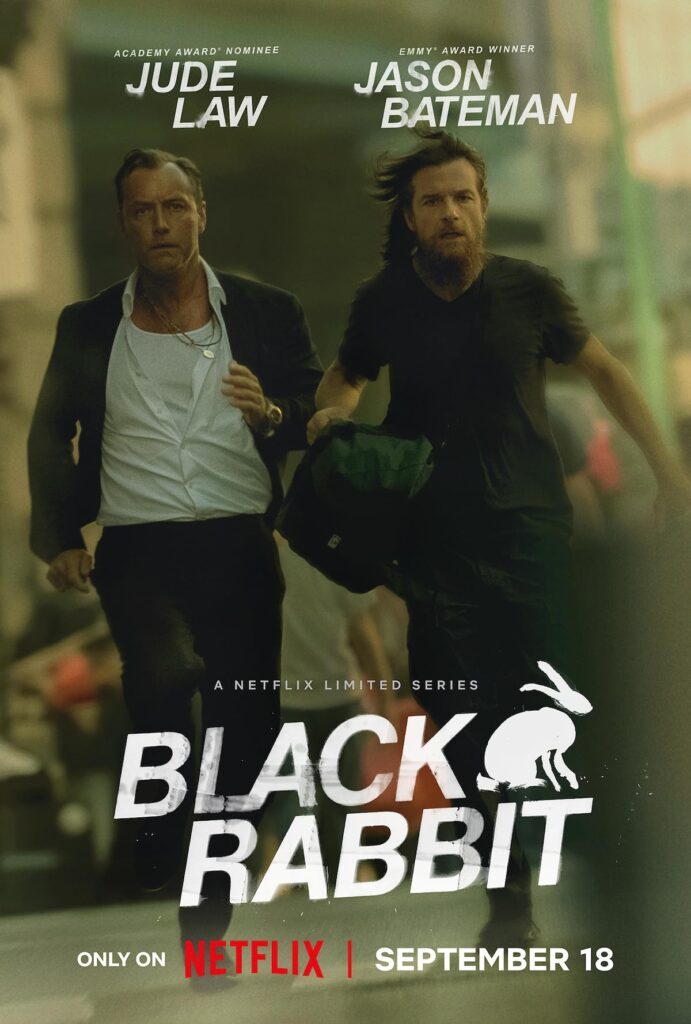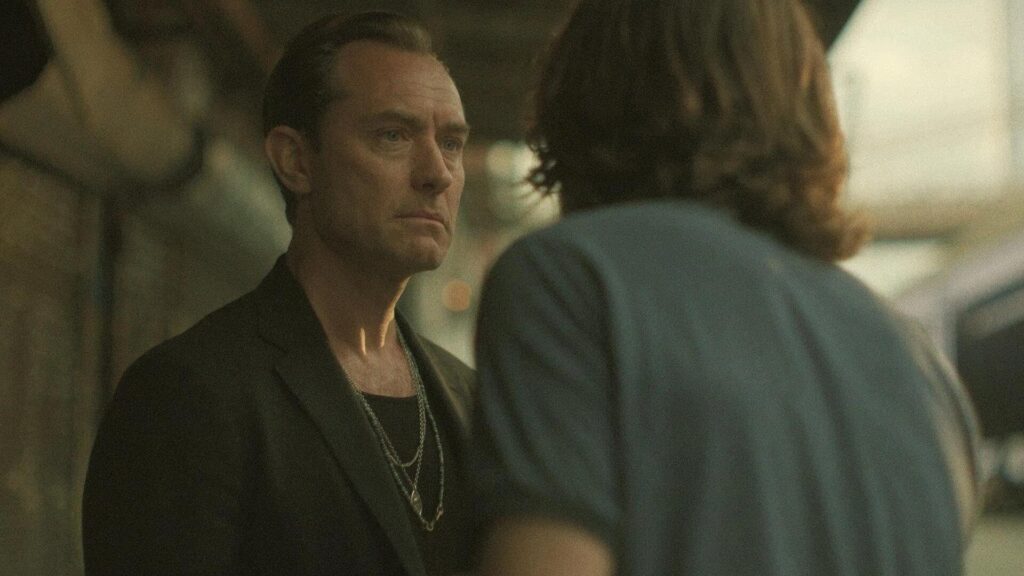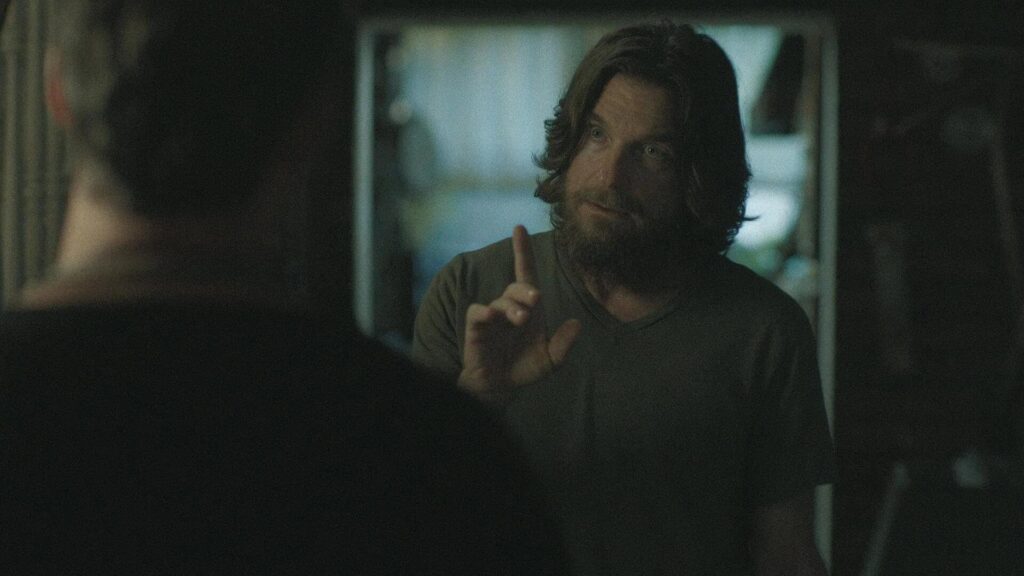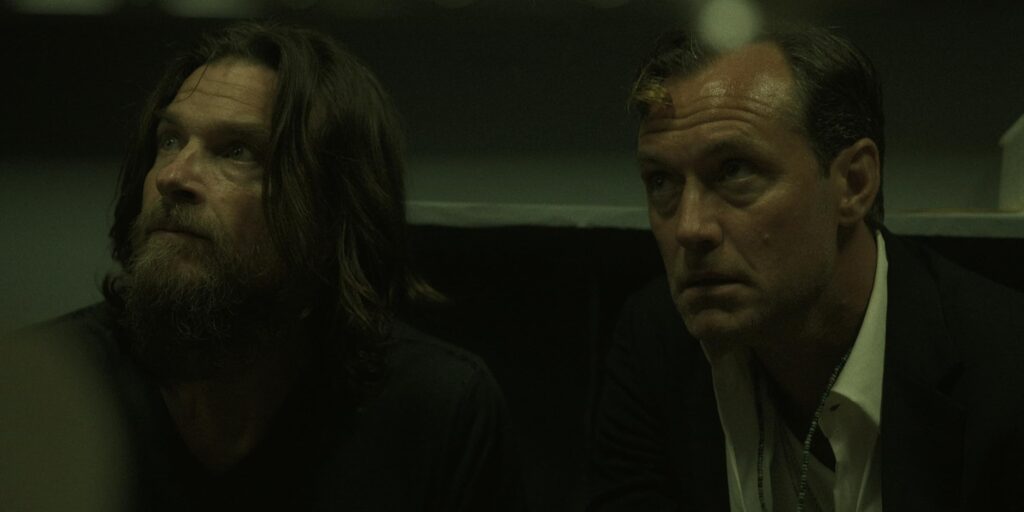
In the heart of Manhattan, there’s a place where champagne glasses clink, velvet ropes part and the high life breathes. It’s called Black Rabbit. And on the night its doors open, two brothers walk through – one dressed for success, the other carrying a past he thought he’d buried.
Jake Friedken has built a kingdom of cocktails, celebrity, fine dining and whispers in the VIP lounge. His life is curated. His story polished. Then Vince slides back in – with a smirk, a debt, and the kind of trouble that doesn’t knock politely.
What follows is a crash: ambition shatters, family bonds snap, and the glitz starts to shimmer with danger. Black Rabbit doesn’t just take place in the night-life of New York. It unfolds in its cracks.
From the first moments, the series pulls you into glimmering lights and the clatter of luxury cutlery. But beneath the surface, there’s a current pulling everything downward. Vince’s return isn’t just awkward—it’s seismic. The comfortable chaos of Jake’s restaurant becomes a battlefield.
Every scene is loaded: the laughter in the dining room, the hiss of whispered deals in the back office, the sudden cut to a loan shark’s ledger. Jake and Vince are trapped in orbit around each other: love and resentment intertwined.
Law and Bateman deliver their roles like two halves of a broken mirror. Jake’s control, Vince’s chaos—it’s not one good brother, one bad brother. It’s two brothers, each capable of damage, each built from the same bones.
The visuals feel both glossy and bruised. Directors (Bateman, Laura Linney, etc.) lean into shadows and glare. The soundtrack pulses. Every rush of adrenaline, every misstep in the kitchen or gamble in the back room becomes a collision.
Mid-series, when the facade has cracked and the debts are screaming, you realize it’s more than about a restaurant. It’s about legacy, about how the promise of success can look like a live wire. When the lights go down, the real show begins.
And by the end? The city sleeps, but nothing inside these characters does. They are awake. Reckoning.



Black Rabbit may feel like a familiar story — two brothers, a glamorous setting, a fall from grace. But it doesn’t hide from the ugliness. It invites you in, then tightens the noose.
It’s dark, stylish, uncomfortable. The kind of show that leaves you sitting in silence when the credits roll.
If you’re ready for that kind of ride — one where success tastes sweet until you swallow the cost — this is your table. Pull up a chair. Just keep your eyes open for the shadows.
